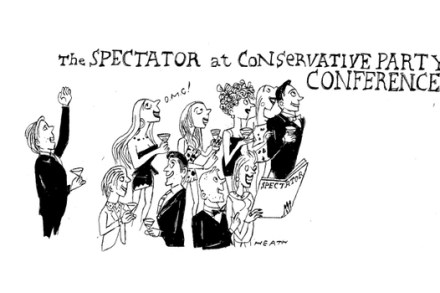A Boris speech that made you think
Boris Johnson’s speeches at Tory conference have normally been dedicated to making the audience laugh. As Mayor of London, he was freed from the constraints that Cabinet Ministers must labour under and so could have more fun than any other speaker. But as Foreign Secretary, Boris is constrained both by the conventions of diplomacy and a Number 10 that is keeping a particularly close eye on him. Now, Boris being Boris he didn’t totally obey the usual diplomatic niceties. He began by telling the audience how when he met the Russian Foreign Minister in New York at the UN general assembly last month, he had told him that Russia’s problems




















